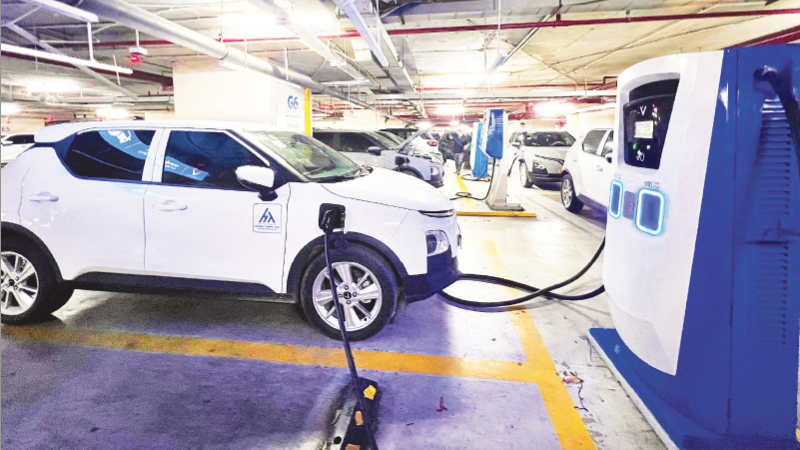
These shortcomings not only cause difficulties for consumers but also pose great challenges in implementing the national energy transition goal.
According to the report of the Ministry of Industry and Trade in coordination Ministry of Science and Technology In 2023, Vietnam will consume 15,676 electric cars. In the first 6 months of 2024 alone, this number will reach 17,536 cars. Domestically, a number of enterprises are manufacturing and assembling electric cars such as VinFast, Hyundai Thanh Cong, Thaco , TMT...
With the rapid development of the electric vehicle industry, many businesses are willing to invest in the market of equipment and services for electric vehicles, especially charging stations for electric cars. Currently, the charging station system with the widest coverage in Vietnam is VinFast, with about 150,000 stations installed nationwide.
The electric vehicle charging station market basically has several main groups: The group of genuine charging stations are charging stations installed at car dealerships or sold with cars for customers to install at home. The group of public charging stations includes units such as EV One, EverCharge... providing charging services at parking lots, shopping malls, residential areas. The group specializing in providing home charging includes a number of companies such as EverEV, GreenCharge, StarCharge, Autel...
To ensure system security national grid and electric vehicle users, countries around the world have developed and issued mandatory laws and technical regulations for electric vehicle charging stations such as: Europe, the United States, China, Singapore, Saudi Arabia, Qatar, India... Electric vehicle charging stations when produced and traded must meet technical requirements, be tested for safety indicators and be assessed for safety by independent certification organizations before being put into operation.
However, in Vietnam today, the synchronous development of strict technical regulations and criteria for building charging stations; management, ensuring safety and convenience for businesses and people has not been timely met.
Not to mention, due to the lack of a comprehensive planning for the charging station network, the construction of electric charging infrastructure is currently almost "left" to businesses, leading to fragmentation, lack of standardization and overlapping interests... As a result, people have great difficulty finding convenient and safe charging points.
Mr. Mai Huy Duc (Giang Vo ward, Hanoi) said that after dinner, he hurriedly went to find an electric car charging station in the Nguyen Cong Hoan area. On the application map, the nearest point is a fast charging station located in the basement. shopping center. But when he got there, there was no more room, so he had to drive all the way to Tay Mo area to wait for 2 hours to charge. Mr. Duc said that once when he was on a business trip, his car's battery was almost dead and he couldn't find a charging point on the way back, so he had to call for help.
Another problem is that to build a public charging station, businesses have to "knock on the doors" of many agencies, from asking for land, connecting electricity, to fire prevention and fighting, and construction permits. According to Mr. Nguyen Van Khoi, Head of the Standards Department (National Committee for Standards, Metrology and Quality), to solve the problem of the lack of charging posts, it requires the participation of all relevant ministries and specialized management agencies to build a legal framework for planning power grid infrastructure, planning charging post construction points, regulations on electrical installation systems for charging posts to ensure safety, fire prevention and fighting, environmental protection... At the same time, specific regulations on the safety and features of charging posts, charging plug standards, regulations on inspection of measuring devices for measuring devices serving the purchase and sale of electricity from charging posts, collection and treatment of batteries and accumulators after their life cycle...
The Ministry of Science and Technology is currently in charge of drafting the National Technical Regulation (QCVN) on electric vehicle charging stations. This regulation aims to ensure electrical safety, protect people's property and health, and create a legal corridor for businesses investing in electric vehicle infrastructure.
The draft is based on the international standard IEC 61851-1:2017, which is currently being applied by many countries around the world. Accordingly, electric vehicle charging posts must meet many important technical requirements, such as: Protection against electric shock, with a cut-off device in case of overload or short circuit; ensuring electromagnetic compatibility (EMC) to avoid interference with other electrical equipment; the electrical connection system between the vehicle and the post must be safe, secure and in accordance with clearly specified plug standards. In addition, the power measuring device integrated in the charging post must also be inspected and approved like a conventional electric meter, to serve the transparent purchase and sale of electricity.
The standard also clearly states the method of conformity assessment, the responsibilities of the parties manufacturing, assembling, importing and trading charging stations. Mr. Nguyen Van Khoi also said that the standard will be issued this year. It is expected that in July 2026, QCVN will be mandatory for imported vehicles, then 1 year later (July 2027), it will be mandatory for domestically produced and assembled electric vehicles (EVs), in order to create conditions for domestic enterprises to have time to innovate and upgrade their technological lines.
The draft Regulation also encourages businesses to voluntarily apply it ahead of time to proactively prepare and improve product quality. After the car and truck charging station standard is applied, an impact assessment will be conducted to further expand to electric bicycles and electric motorbikes in the future.
The development and promulgation of the above set of standards will create a clear legal corridor, remove obstacles for businesses, and help management agencies easily control the quality of charging infrastructure. However, there is also a major shortcoming today: the lack of open connection between vehicles and charging station
In fact, some car manufacturers install their own communication codes, making it impossible for other manufacturers' cars to charge even though they use the same plug standard. According to experts, it is necessary to synchronize technical, planning and legal solutions from the State's management perspective to move forward, charging stations ensure openness, create conditions for the electric vehicle market to develop transparently and save resources, and ensure people's rights when buying and using electric vehicles to build green transportation in Vietnam.
Source: https://baoquangninh.vn/thieu-ha-tang-sac-cho-xe-dien-3366439.html




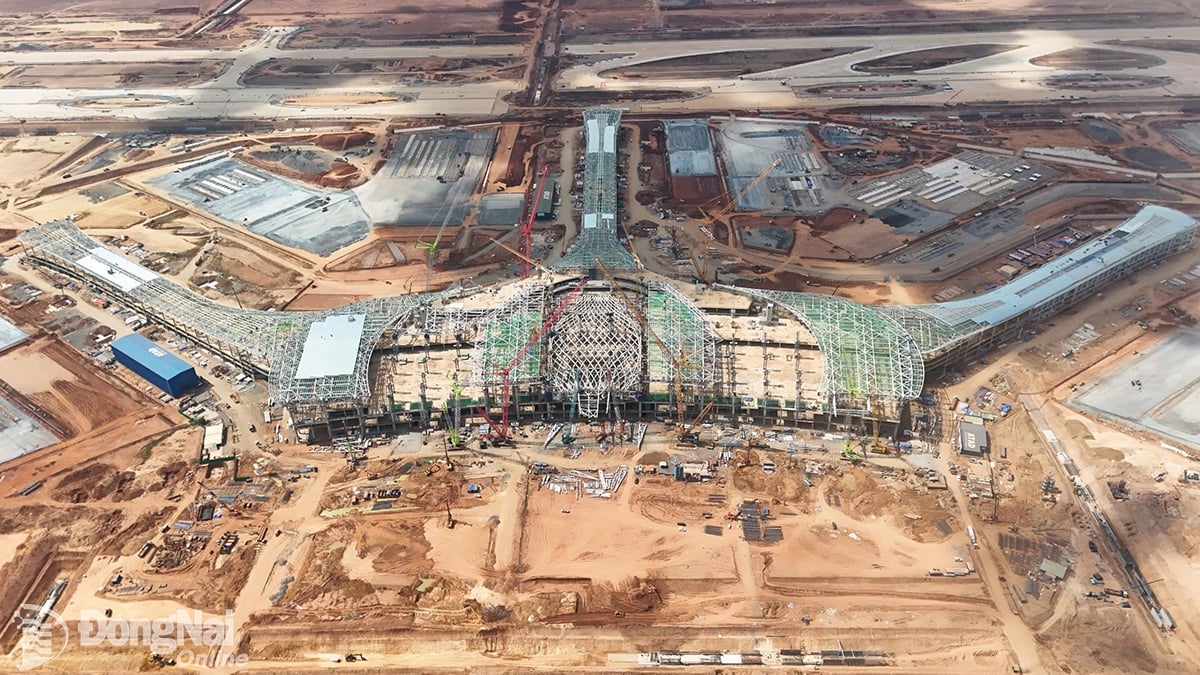





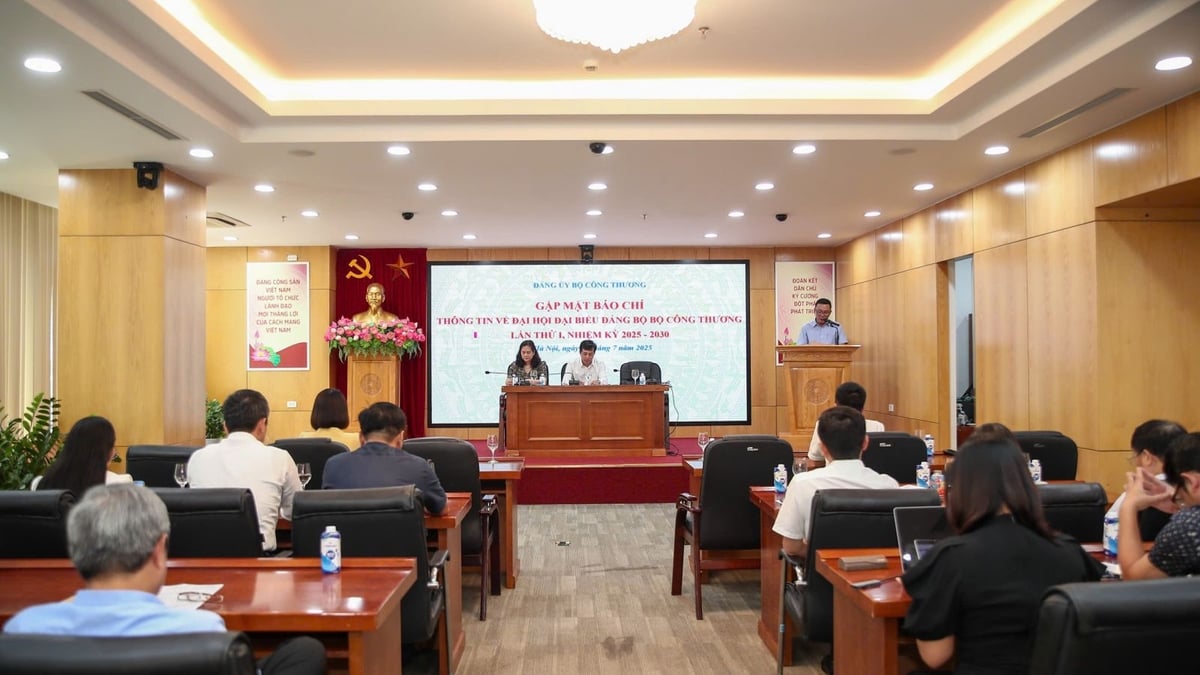










































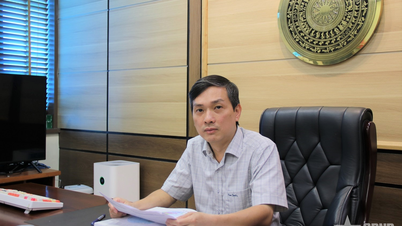











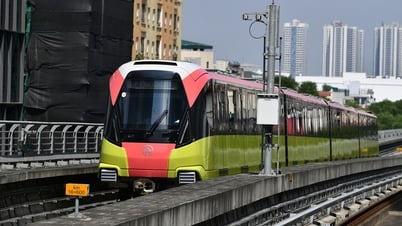

































Comment (0)